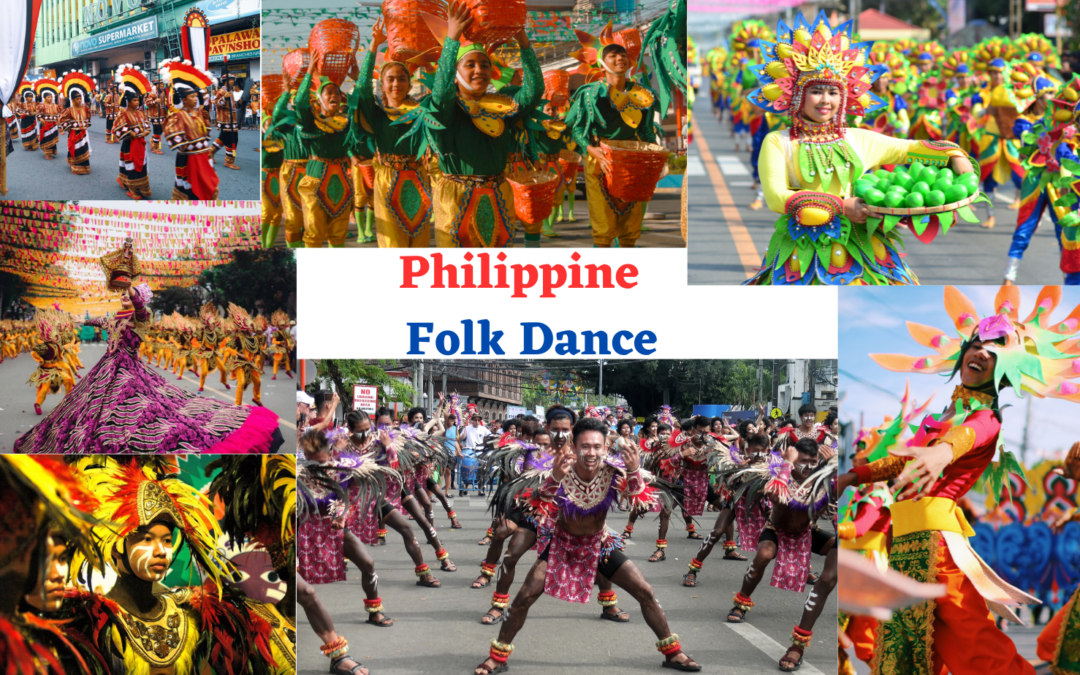Folk dances have been passed down through generations and are tied by tradition. Folk dancing is a collection of numerous dances rather than a single dance genre. Each folk dance genre has ties to the Old World that may be traced back several generations (or centuries). Many folk dances may be traced back to a time when dancing was used to distinguish between social classes: common and rural folk vs. high society, monarchs, and elitists. High society elitists developed the term “folk dance” to degrade regular people. Country dance forms of today contain aspects of modern folk dance and ballroom dancing. Folk dancing influenced numerous ballroom dance forms.
Aside from the social component of the dance, unique attire was usually involved. Costume and the musical rhythms that governed the different ethnic dances are indications of a complex, slowly unfolding cultural past. Due to the isolated nature of the world’s regions until the last century, many different types of folk dance evolved in various areas of the world. Folk dance in India is very different from folk dance in Mexico. Nonetheless, they are all characterized as folk dance since they are social in nature and are anchored in tradition rather than a creative culture.
What is the meaning of folk dance? It helps to maintain a people’s culture by passing down and teaching dances to future generations. Dance also carries people’s memories. Dances are a way for a community to honour a significant event or historical date. They provide an opportunity to socialize with family and friends, meet new people, and establish new friends.
Because of this historical viewpoint, the emphasis is on preserving traditions rather than abandoning them. As a consequence, folk dancing offers a unique opportunity to look back in time and dance history while also developing respect and skill. Filipino traditional dances, such as Tinikling from province of Leyte, kuratsa from Leyte and Samar, Singkil from Mindanao, and others, depict our heritage. Start with folk dancing to learn about our past.

